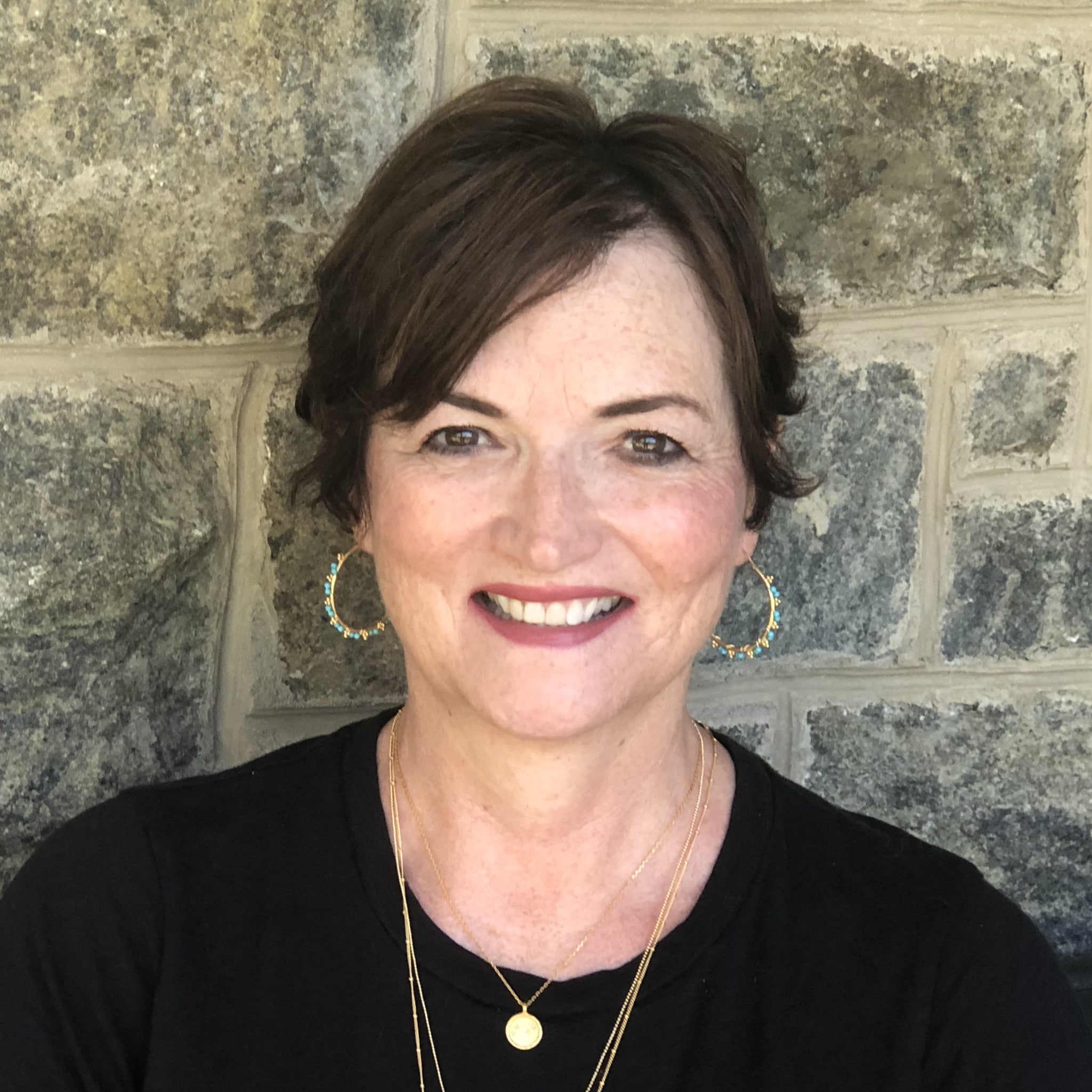When you were a child, did your parents or teachers see you as sensitive or shy?
My family often told me as a child that I was “too sensitive.” I never understood why. All I wanted to do was to talk about my feelings. My kindergarten teacher told my parents that I was “extremely shy.” I was probably around ten or eleven when my siblings began teasing me about being oversensitive. What started when I was young continued into my teen years and then into adulthood.
What I didn’t know at the time was that I’d eventually come to lose the ability to feel anything. Because my feelings became squashed repeatedly, my body learned to shut down completely. As I entered my twenties, I was afraid to show any emotions. I blocked out my pain, happiness, and true joy. It was better that way because I felt like no one understood me.
That all changed when I read the book, The Highly Sensitive Person by psychologist Elaine Aron. The first publication of her book came out in 1996 when I was in my thirties. It felt like I was reading about myself, and it changed my way of thinking. I no longer felt flawed.
According to the groundbreaking documentary titled SENSITIVE —The Untold Story
Between 15-20 percent of the population are considered highly sensitive.
What is the definition of a Highly Sensitive Person?
Dr. Elaine Aron coined the term —Highly Sensitive Person, which defines a distinct personality trait that affects as many as one out of every five people. According to Dr. Aron’s definition, the highly sensitive person (HSP) has a sensitive nervous system, is aware of subtleties in their surroundings, and is more easily overwhelmed when in a highly stimulating environment.
Being a highly sensitive person is much more than just being hurt by what someone says about you. Because our emotions are more profound, our feelings can get damaged easily.
Dr. Aron created an ACRONYM as a way of describing the Highly Sensitive Person
DOES
D: Is for Depth of Processing
HSPs are highly intuitive. We process everything more, relating and comparing what we notice to our past experiences with other similar things. We do it whether we are aware of it or not. We decide things without knowing why or how we came to that decision. It’s what we call it is our intuition.
O: Overstimulation
While others can occasionally manage overstimulation, it’s a fact of life for those who fall into that 15-20 percent of the population considered highly sensitive. Sometimes, the world is distressing, too loud, and too much.
E: Emotional Reactivity
We have a strong sense of empathy, awareness, and self-other processing. We react more to both positive and negative experiences.
HSPs are more in tune with others. We can take on the feelings and emotions of others and put ourselves in their shoes (which can be a strength and a challenge).
S: Sensing the Subtle
We are aware of the subtle things in our environment that others would most likely not notice, like sights, sounds, and smells.
Nature and the arts move us.
We can sense hostility or tension in social situations where others may not notice it.
Five Ways to Survive and Thrive as a Highly Sensitive Person
- Honor Your Intuition
Because HSPs are more in tune with the environment and what is happening, they tend to think, feel, and process things intensely. Sometimes we “just know” something without realizing how. Since we are aware of the subtle things, some have called it the “sixth sense.”
Psychologist Elaine Aron says highly sensitive people (HSPs) “are all creative by definition because we process things thoroughly and notice so many subtleties and emotional meanings that we can easily put two unusual things together.” Trust your intuition!
- Limit Sensory Overload
Certain external stimuli, like loud noises, bright lite places, and highly crowded areas, bother us. The sounds of many people talking and noisy traffic may be heavier for highly sensitive people. Try to limit your time with these. If you can’t, noise-canceling headphones are fabulous.
- The Need for DownTime
The world is overwhelming sometimes because we feel so much more. Taking in and processing too much information from the inner and outer worlds can be “too much.” Reduce the chance of burnout by focusing on early signs like anxiousness and feeling overwhelmed.
We can quickly become worn out after a busy day, so make sure you have a quiet place to retreat. Try to cut down on multitasking. Time to relax is essential. I curl up in a comfy blanket and listen to music or read a book.
- Get Plenty of Sleep
How much sleep you get can make or break your day.
For most people, lack of sleep (less than 7 hours a night) makes the average person irritable and less productive. But lack of rest for the sensitive person will make life almost unbearable.
- Enjoy Nature
Avoid violent movies or television shows. Instead, get out in Nature. Being outside in Nature is calming to highly sensitive people. It is a natural healing place, we love the quiet, and it centers us. We are deeply affected by the beauty of Nature and feel alive there.
Most of all—Believe in yourself. Instead of becoming angry at people who offend or don’t understand you, focus on your journey. What others think or say about you does not matter when you believe in yourself. There is no need to apologize for feeling too deeply or caring about the world around you and the people you love- the world needs more people who love and care genuinely.
For more information on Dr. Elaine Aron or if you are a highly sensitive person, visit: The sensitivity Test.Visit https://sensitivityresearch.com for additional research on sensitivity
Guest Post Disclaimer: Any and all information shared in this guest blog post is intended for educational and informational purposes only. Nothing in this blog post, nor any content on CPTSDfoundation.org, is a supplement for or supersedes the relationship and direction of your medical or mental health providers. Thoughts, ideas, or opinions expressed by the writer of this guest blog do not necessarily reflect those of CPTSD Foundation. For more information, see our Privacy Policy and Full Disclaimer.

Susan Frances Morris is the author of The Sensitive One, a memoir dealing with childhood trauma, abuse, health, and healing. She holds a bachelor’s degree in nursing and was a practicing nurse from 1989 to 2011, primarily in Women’s Health. She was raised in Springfield, Massachusetts, the second oldest of seven siblings with two sets of twins. http://susanfrancesmorris.com





Thank you Susan! I found this article useful. 🙂
I can so relate with all of this!
I sometimes feel the weight of the world and downtime is essential, being in nature is medicine, I’m very sensitive to sounds and smells, I am highly intuitive… I can sense things before they happen, I have manifested the weirdest things just by thinking about them like a can opener on the beach in Hawaii and wished for a coffee and 2 one dollar bills blew in the wind over to me. Instead of embracing this gift…
It scares the hell out of me!
Thank you Susan. Your article was boosted today and I’ve just read it. I found it resonated with me as a trauma survivor. I do all of your tips, especially the last one of reconnecting with nature regularly. From Lizzy.